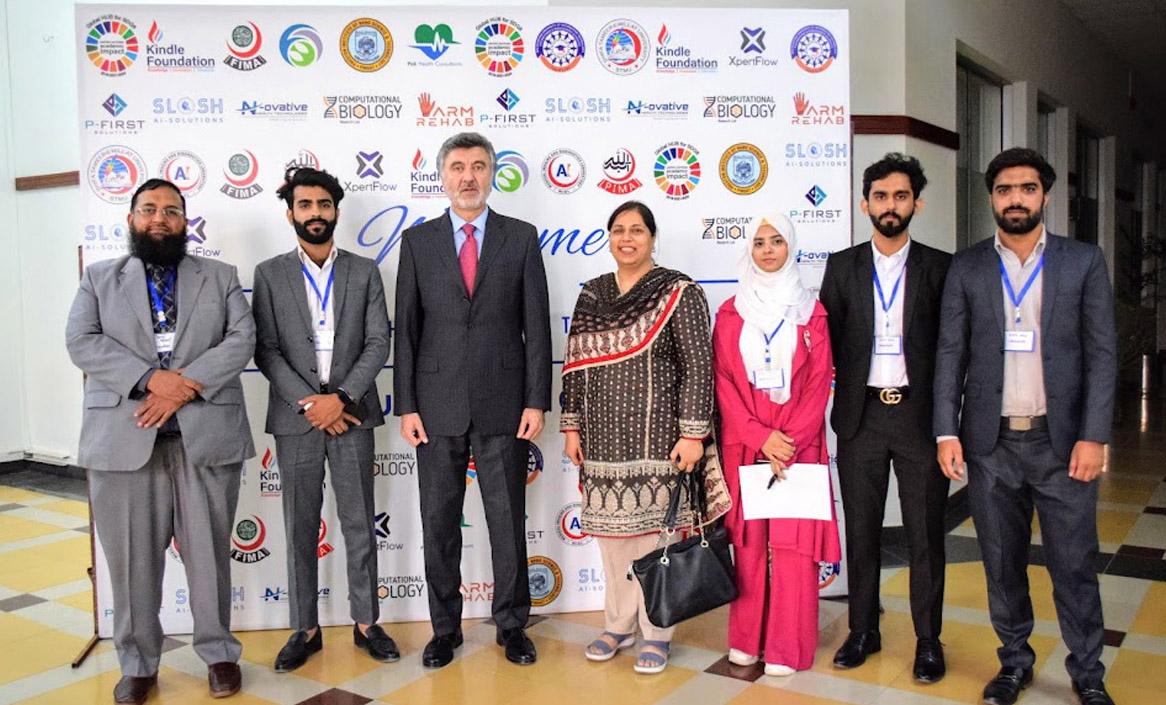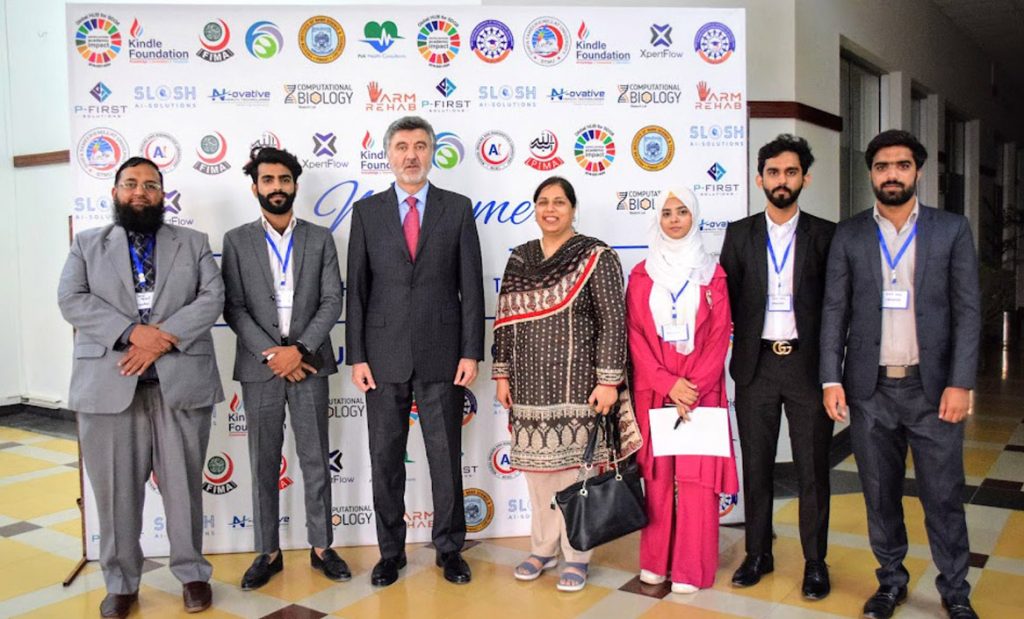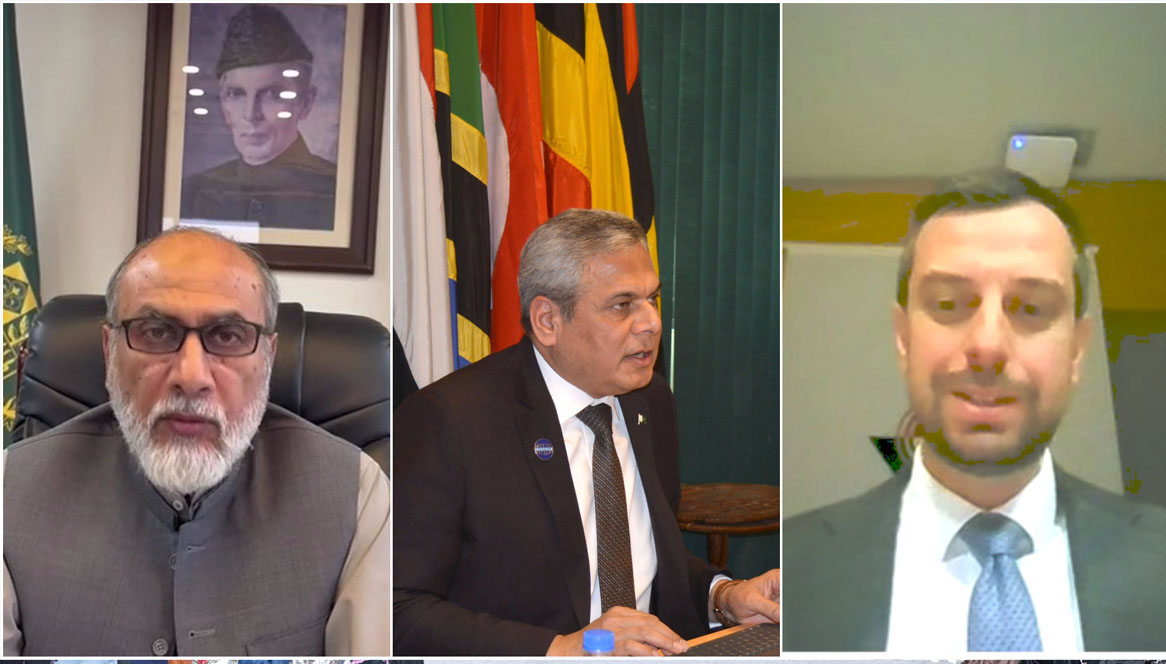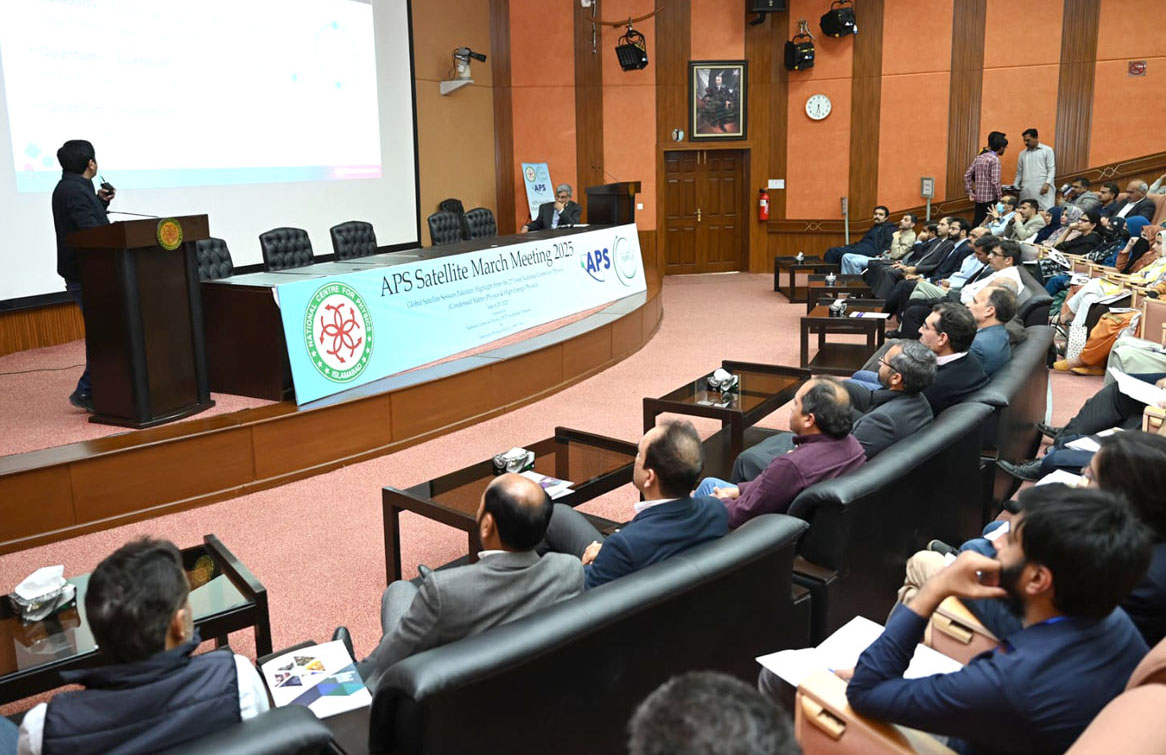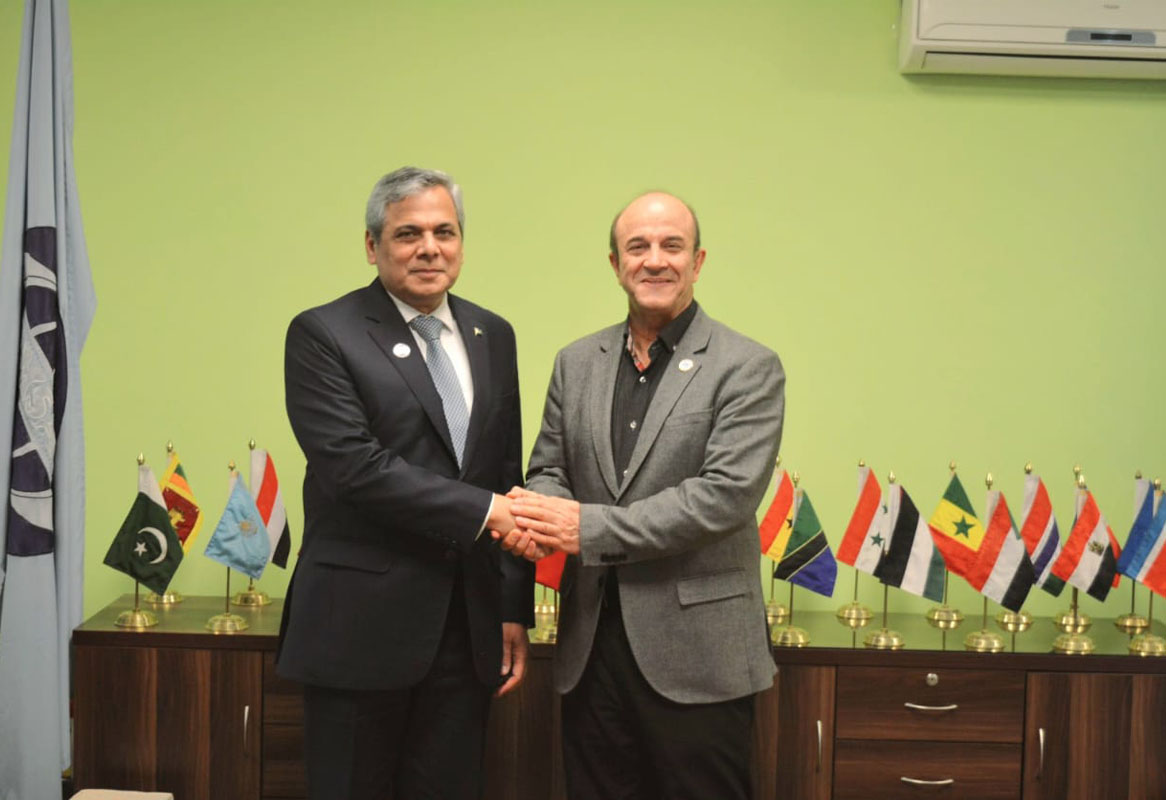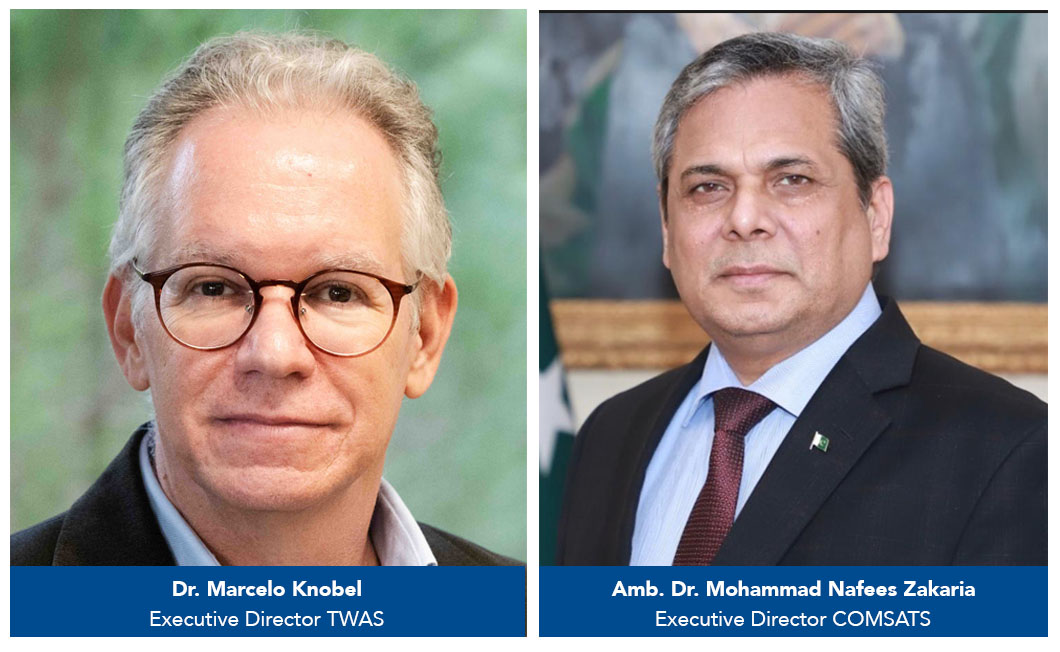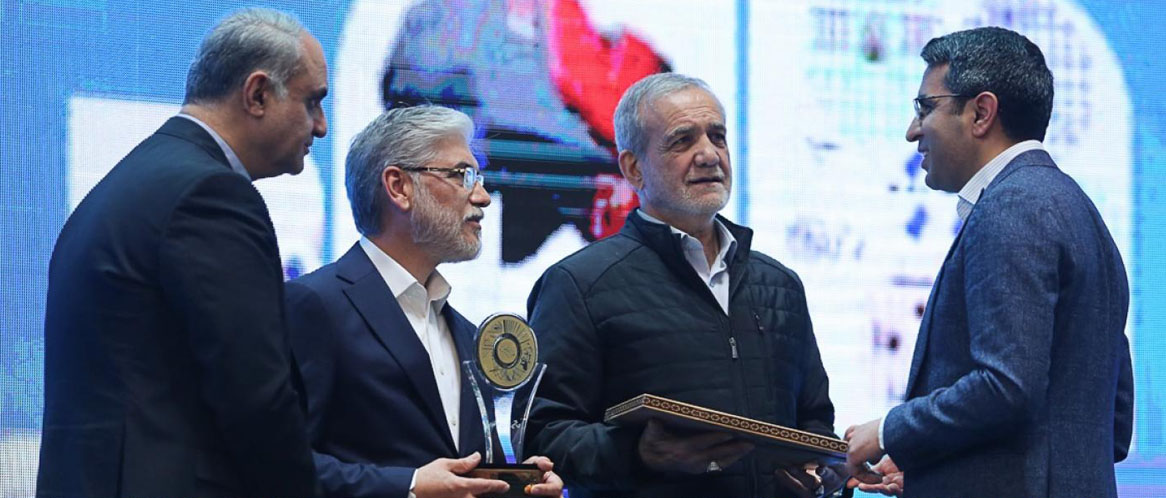Dr. Azeema Fareed, Additional Director (Health) at COMSATS Secretariat and In-charge-COMSATS Telehealth (CTH) participated in “2nd Innovative Healthcare Technologies Summit” jointly organized by the Federation of Islamic Medical Association (FIMA) and Pakistan Islamic Medical Association (PIMA), on 26th October 2022. The summit was held at the premises of Allama Iqbal Open University (AIOU), Islamabad. It was focused on the theme “Technology as a Cross-cutting Tool” for achieving SDG3 (Good Health and Wellbeing), in particular its sub target on universal health coverage (UHC).
The event had participation of learners and experts belonging to the fields of health, medical research, software and computer engineering, computational biology, and the health-tech companies. The efforts and projects presented by the participants revolved around innovative and tech-driven healthcare solutions through the use of nanotechnology, artificial intelligence (AI), and information and communication technologies (ICTs) not only to broaden the scope for qualitative healthcare but also for health education and awareness. Besides advocacy for tech-based health solutions, the event also featured discussion on future aspects of medical research supported by Tech-driven solutions.
Dr. Fareed participated the summit as a panelist and also presented COMSATS’ contribution in UHC through its telehealth services over the years. She shared with the participants the background, method, and expertise of their services delivery of CTH since 2001 and also informed them about Telehealth clinics in Balochistan, Pakistan. Further, she also highlighted strengths of CTH in terms of patients’ satisfaction, mode of services delivery, especially in maternal and child healthcare (MNCH), and the referral system.
The participants appreciated the efforts of COMSATS for the quality primary healthcare to the marginalized population of Pakistan. They also lauded the online services being provided by COMSATS in MNCH, which is one of the key problems of the underserved communities of Pakistan.
The event served as an effective forum to learn about latest research and development in Digital Health and Tele-medicine, networking for collaborations aimed at such R&D sector and promotions and marketing of startups and other initiatives in the field of health. Many technology-driven healthcare smart and affordable solutions/ projects were also showcased as well as presented by the young brains that include the robotic hand, vital signs monitor, AI based pathology cameras and online healthcare systems, which give hope for the future of tech-driven healthcare in Pakistan. Moreover, the challenges and needs related to data-centralization, need for robust interdisciplinary research, and lags in healthcare policies on government level were also a part of discussions during the summit.

